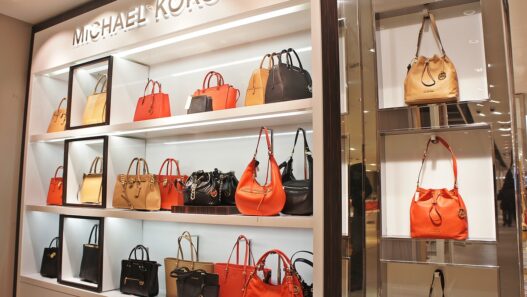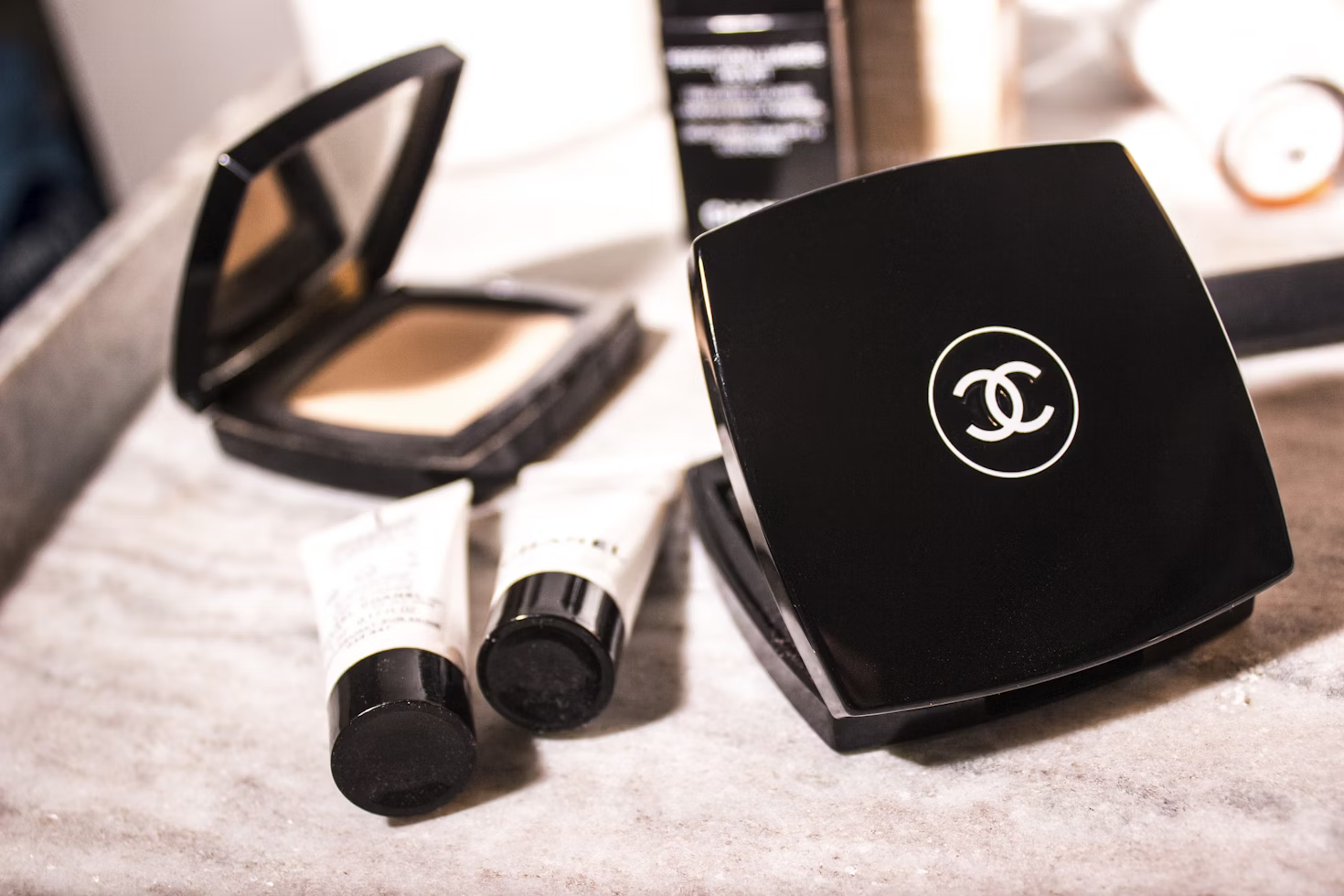Up until a few years ago, we were informed that the world was reeling under the pressures of fast fashion. Today, it appears that the beauty industry has taken a page out of fast fashion’s book. These brands produce beauty products that follow the principles of fast fashion.
This means they appeal primarily to the Gen-Z demographic who are obsessed with cheap and trendy anything. A while ago, our youngsters were trying to keep up with the latest fashion trends. Now, they’re following the beat of a different drummer but the tune remains the same.
As for the waste generated by fast beauty, it’s a topic of unimaginable horrors. A study found that 95% of beauty packaging waste is never recycled. Most of these are made using microplastics that end up in the ground or blocking the sewage.
Though some brands are truly striving towards sustainability, others simply choose to take the easy way out. They indulge in the deceptive marketing tactic of greenwashing. What is this practice and how easy is this route in reality? In this article, we will discuss the struggle to get sustainability marketing right in the world of beauty.
Obscure Definition of Clean Beauty
It is said that if beauty hurts, we’re doing it wrong. Clean or non-toxic beauty is the need of the hour because the world and its inhabitants are hurting without it. Some ways in which the conventional beauty industry harms the environment include deforestation, depletion of natural resources, air pollution, and chemicals in the soil.
From the viewpoint of our health, the Environmental Working Group (EWG) states that many cosmetics are linked with skin burns and infections. Formaldehyde-based products may lead to hair loss, bleeding gums, nosebleeds, and even cancer in some cases.
The latter was the reason why the Food and Drug Administration (FDA) banned formaldehyde from chemical hair relaxers. This is only the beginning of all problems because the definition of clean beauty is still obscure.
The FDA has never provided a concrete definition of clean beauty for brands to acknowledge. It only requires that product claims are not misleading and are safe for their intended use. This makes it difficult for even sustainable brands to decide what comes under clean and what doesn’t.
As for the deceptive ones, they’re free to come up with their own definition of clean beauty. It only shows us how dangerous even the words ‘clean’ or ‘natural’ can be when printed onto beauty packaging.
Top Beauty Giants Sailing on Greenwashed Waters
From the above section, it’s possible to infer what comprises greenwashing. It is a marketing practice whereby a brand tries to create a false impression regarding the eco-friendliness of its products.
This means beauty brands involved in greenwashing are essentially deceiving their customers into thinking that their products are non-toxic and natural. Greenwashing can be done by brands claiming to be all-natural or fast beauty giants launching an exclusively clean beauty range.
Let’s look at the top Beauty companies that have been accused of greenwashing.
- L’Oreal – This fast beauty giant has received negative attention more than once. Its Elvive Full Restore 5 shampoo was criticized for greenwashing. The company never disclosed why the product was sustainable and even its claims of using recycled plastic were found to be false.
- Lilly Lashes – This California-based beauty brand was accused of greenwashing with its mink eyelashes. The company claimed that they were cruelty-free, but was found to be deceptive.
- Sephora – Though not a beauty product manufacturer, the mega-retailer Sephora has also been severely bashed for false green claims. A lawsuit was started against the company’s “Clean at Sephora” range. Plaintiffs alleged that the brand engaged in false advertising, marketing the products as safe although they contained harmful synthetic chemicals.
- Banana Boat – The primary issue with this brand has been with its marine-related sustainability sunscreens. Though the company marketed the product as reef-friendly, it was later found to have harmful chemicals that can negatively affect coral reef environments.
Consequences of Greenwashing
Now, let’s look at the potential disaster greenwashing practices can spell on beauty brands. We may use examples wherever necessary.
Erosion of Consumer Trust
Every beauty brand knows that its customer is still on their throne. A single misstep can erode trust to a point where the brand may lose market credibility. Customers may begin to question the brand’s ethics and values.
For instance, Lilly Lashes portrayed itself as a cruelty-free brand which garnered it much attention and customer loyalty. How would the same customers feel when they get to know that an animal had to pay a heavy price for the lashes they’d been flaunting?
Given the kind of image the brand was trying to portray, it is clear that their target audience cared about animal testing. It was also found that the minks used to create the lashes were kept in dire conditions and even killed in fur farms.
Would customers trust the brand again? Even if the brand does a one-eighty, it would only realize that breaking trust is easy but gaining it back may take a lifetime.
Costly Lawsuits
The second grievous consequence of greenwashing may take the brand to court. Let’s take the example of Sephora whose grand Sephoria 2024 beauty event just premiered in Atlanta Pullman Yards this year.
We previously saw how this brand has been criticized for greenwashing before. The only reason it was allowed to go free was the obscure definition of clean beauty. This means a corporation’s disclosure of what clean means won till now.
It doesn’t take much for the tables to turn. For instance, the mega event featured masterclasses, virtual experiences, and brand booths.
What if a group of customers identified greenwashing practices due to injuries sustained from one of the booth’s products? Worse yet, what if one loses their life due to a toxic product that was marketed as ‘clean?’ Yes, it is possible to die due to toxic chemicals used in cosmetics.
In such a case, the victim’s family can file a wrongful death lawsuit with the help of a personal injury lawyer. Would a reasonable customer’s understanding of ‘clean’ be on the losing side every time?
The answer is no provided the victim can prove negligence and file within the statute of limitations. According to the Atlanta Personal Injury Law Group, the state of Georgia requires all personal injury claims to be made within two years from the injury date.
Reputational Damage
The consumers of sustainable brands or retailers are genuinely interested in products that protect the environment. Once a brand’s greenwashing is known, customers will naturally withdraw their loyalty and money.
Moreover, they will spread the word to others. The negative word-of-mouth has the potential to sink the brand’s reputation so low that it loses business.
Tips to Avoid Greenwashing in Marketing
The above pointers have made it clear that greenwashing is one practice beauty brands should never want to engage in. How can they avoid coming across as a deceiver? Let’s look at the useful tips –
- Be completely transparent with customers. Let them know all the ingredients and manufacturing practices. Use scientific evidence to support sustainability claims.
- Set realistic goals and focus on targets that can be achieved.
- Ensure everyone in the company understands what greenwashing is, how harmful it is, and avoids it.
- Audit supply chains to ensure they align with your claims.
- Get reliable third-party verification for sustainability.
- Keep stakeholders, regulators, and customers aware of your progress by sharing regular reports.
- Be on the lookout to improve your sustainability practices continually.
- Adopt the principles of a circular economy to reduce packaging waste.
Greenwashing, in general, has a pretty inconsistent graph in the US. The practice increased in 2022 followed by a decline of 10% in 2023 only to rise again by 6% in 2024.
Since ESG is becoming increasingly important in the beauty industry, brands cannot play with their manufacturing processes or marketing messages. They must follow strategies to avoid greenwashing. If the customer chooses to exercise their rights, it may be too late to recover.



















Me encanto el articulo, me encantaría leer más así, nueva seguidora de la pagina.